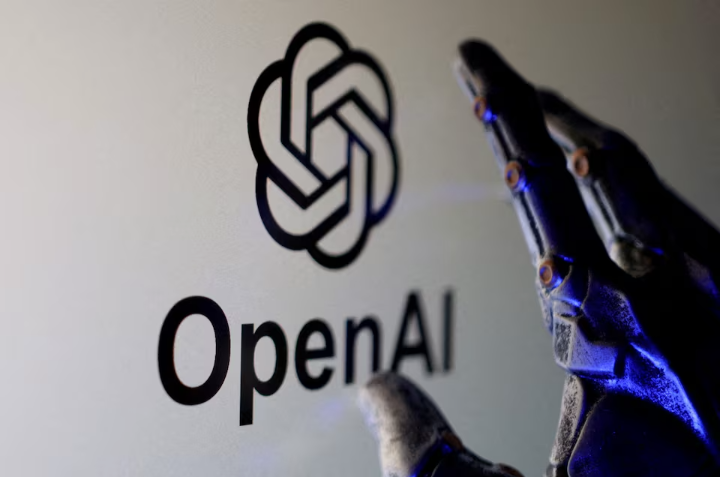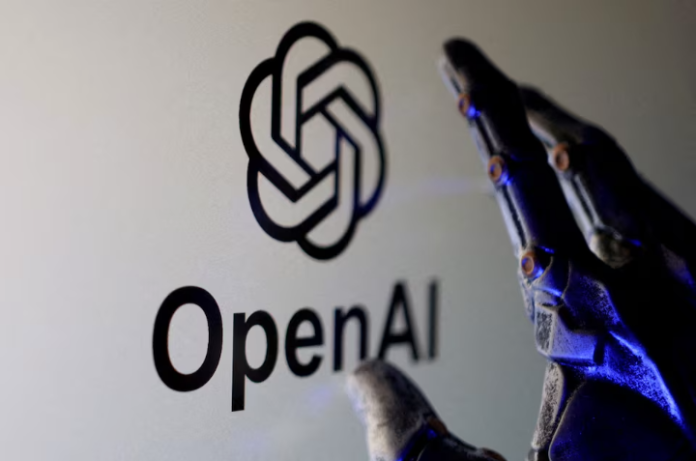OpenAI has secured a massive $200 million contract with the U.S. Department of Defense to deliver advanced artificial intelligence tools for national security and military operations.
Announced on Monday, the deal represents one of the largest government AI collaborations to date, confirming the growing role of AI in national defense. The Pentagon revealed that the agreement with OpenAI is focused on developing “prototype frontier AI capabilities” to tackle critical security challenges across both combat-related and administrative domains.
While specific details remain classified, the contract outlines that the bulk of the work will be carried out in and around Washington, D.C., with an expected completion date of July 2026. The deal signifies the U.S. military’s increasing reliance on next-generation technologies to maintain its strategic advantage on the global stage.
This contract comes at a time when OpenAI’s growth is accelerating rapidly. As of June 2025, the company reported a $10 billion annualized revenue run rate—nearly doubling its figures from late 2024. This surge is driven by a global wave of AI adoption in industries ranging from education and healthcare to government and finance.
In March, OpenAI announced it was raising up to $40 billion in a new funding round led by Japan’s SoftBank Group, aiming for a jaw-dropping $300 billion valuation. As of the end of Q1 2025, OpenAI had 500 million weekly active users—solidifying its role as the dominant player in the generative AI space.
The U.S. government, for its part, has also made AI innovation a top priority. In April, the White House’s Office of Management and Budget (OMB) issued new guidance encouraging federal agencies to adopt AI solutions to improve efficiency and public trust. However, the directive explicitly exempted national defense systems, allowing them to explore advanced capabilities without the same transparency requirements as civilian agencies.

This exemption has raised some eyebrows but also reflects the sensitive nature of defense technologies. Still, the administration maintains that maintaining a “competitive American AI marketplace” is essential for both economic and strategic interests.
OpenAI’s partnership with the Pentagon indicates that AI will be a key player in the military strategies of tomorrow—automating logistics, enhancing threat detection, and even assisting in battlefield decision-making. While the exact tools being developed remain undisclosed, experts suggest they could include AI-driven data analysis, predictive threat modeling, and autonomous support systems.
As geopolitical tensions rise and technology continues to transform warfare, this deal sends a strong message: the future of defense lies not just in weapons and soldiers, but in lines of code and algorithms.



